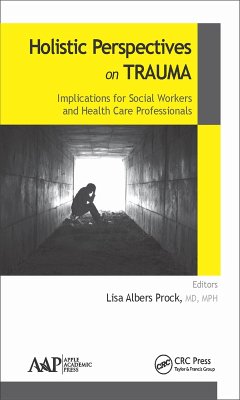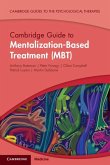Children with a history of significant neglect and/or physical, sexual, and/or emotional abuse are at higher risk for developing long-term emotional, behavioral, and mental health concerns, which have implications past childhood and into adulthood. Early trauma impacts individuals' health in ways that reach far past the obvious and immediate damage. It correlates with higher incidences of various mental health disorders, it can alter brain structures, and it can make individuals more susceptible to a variety of diseases, including cancer, cardiovascular disorders, fibromyalgia, and diabetes, among others.The research collected in this compendium offers vital guideposts to professionals across a wide spectrum of disciplines. It provides a foundation for ongoing research into this area of study, which is so vital for the well-being of our children and their futures. Understanding the long-term effects of childhood trauma is now integral to the daily clinical practice of professionals from many fields, including educators, social workers, mental health professionals, family and substance abuse counselors, police, caregivers, and criminal justice service providers. The boundaries between social workers and other professionals are blurred or nonexistent. This insightful book provides a nuanced look at the outcomes of childhood trauma and provides a greater understanding to help build more effective cross-disciplinary intervention strategies.
Dieser Download kann aus rechtlichen Gründen nur mit Rechnungsadresse in A, B, BG, CY, CZ, D, DK, EW, E, FIN, F, GR, HR, H, IRL, I, LT, L, LR, M, NL, PL, P, R, S, SLO, SK ausgeliefert werden.









